

Cover portrait by Rankin
Music
as
Medicine
It’s music that can make the difference between staying on your game and letting things slide.
listen
Words by Giles Mountford
Music and sport are so inseparable it can be easy to overlook the relationship between the two. It’s just a bit of fun, part of the overall entertainment package, right? Wrong.
The commercialisation of music in recent generations has re-classified it as part of the ‘entertainment business’. But it is so much more than that. We just need to refocus our ears.
Dr. Julia Jones, otherwise known as Dr. Rock and the author of the book: The Music Diet, has dedicated much of her life to persuading people to re-appraise the potential for music to enhance our lives, in a way that reaches far deeper than simple enjoyment (pleasurable as that can be).
“Music matters to humans, because it is a central part of how we function. Music is sound, and it’s one route into the brain. It’s sensory information. It influences the brain, and then drives subsequent behaviours based on that”.

Portrait by Rankin
Julia’s research, (and she consults for public health as well as working in elite sport), explores music as nutrition for the brain. And she has the science to back it up.
“It is important to understand, even at the most basic level, different types of sound have different neuro-chemical effects on your brain in the same way as different types of food have different effects on your brain and my body”.
The ability for music to influence your mental and emotional state is widely acknowledged but, used correctly, it can also help make the difference to how you prepare to perform and, equally importantly, how you relax and recover.
Portrait by Rankin
Athlete Alicia Barrett
Photo by David Francis
“Music is a core part of shaping my days, helping me tap into whatever state I need to get the most out of myself”
Athlete Alicia Barrett
Photo by David Francis
Photo by David Francis
Alicia Barrett, a 100m hurdler, junior record holder, one of Team GBs brightest Olympic prospects and a contributor to Dair magazine, is an athlete who already invests herself in her musical choices, intuitively understanding the potential that music has to support all aspects of performance. Throughout the pandemic, music took a far more prominent role in helping her manage herself as an athlete with no real prospect of competing in the foreseeable future,
“I have always loved music and used it to help me relax or help me focus for performance. Now it’s more important than ever – music is a core part of shaping my days, helping me tap into whatever state I need to get the most out of myself”.
“Music is a core part of shaping my days, helping me tap into whatever state I need to get the most out of myself”
Alicia Barrett, a 100m hurdler, junior record holder and one of Team GBs brightest Olympic prospects, is an athlete who already invests herself in her musical choices, intuitively understanding the potential that music has to support all aspects of performance. Now however, music has taken a far more prominent role in helping her manage herself as an athlete with no real prospect of competing in the foreseeable future,
“I have always loved music and used it to help me relax or help me focus for performance. Now it’s more important than ever – music is a core part of shaping my days, helping me tap into whatever state I need to get the most out of myself”.
Places
Spaces
and
Faces
A playlist by Alicia Barrett
inspired by her travels as an athlete.

Places
Spaces
and
Faces
A playlist by Alicia Barrett
inspired by her travels as an athlete.
Alicia’s approach more than resonates with Julia,
“There are different levels of sophistication in terms of how different individuals use music. When I sit down with someone and look through their music, it’s very rare that they’ve paid any real attention to the nutritional element of that music. All elite athletes spend significant attention on their nutritional intake, far less spend the same amount of attention, thinking about how the sounds are triggering the neuro chemicals and the hormones and the chemical processes that can help you get your brain into the right mental state at the right time”.
Most of us consume music like we’re at an all-you-can-eat buffet offering up cuisine from all corners of the world. We pick whatever takes our fancy, whenever it takes our fancy.
We expect nothing more from it than satisfying an immediate need for pleasuring our aural taste buds.
In terms of performing at our best we wouldn’t dream of doing this with food (although I find myself visiting the fridge far more than is advisable when I work from home).
We need to think differently about music. Once we make the conscious step, towards that which most of us can easily relate to at an emotional level, things become clearer. For Julia it’s the ‘eureka’ moment she hopes all of us can attain,
“Once we acknowledge the effects that music has on the brain and then take time to understand what one type of music does to the brain, versus another type of music then we can then take it back a stage and say, ‘right, how do we need to feel at a given point in time?’

Photo by Eric Nopanen
Most of us consume music like we’re at an all-you-can-eat buffet offering up cuisine from all corners of the world.
Photo by Eric Nopanen
Would you like to feel differently than you do now? Are you ready to take your music medicine? This is your chance.
Photo by Zoltan Tasi
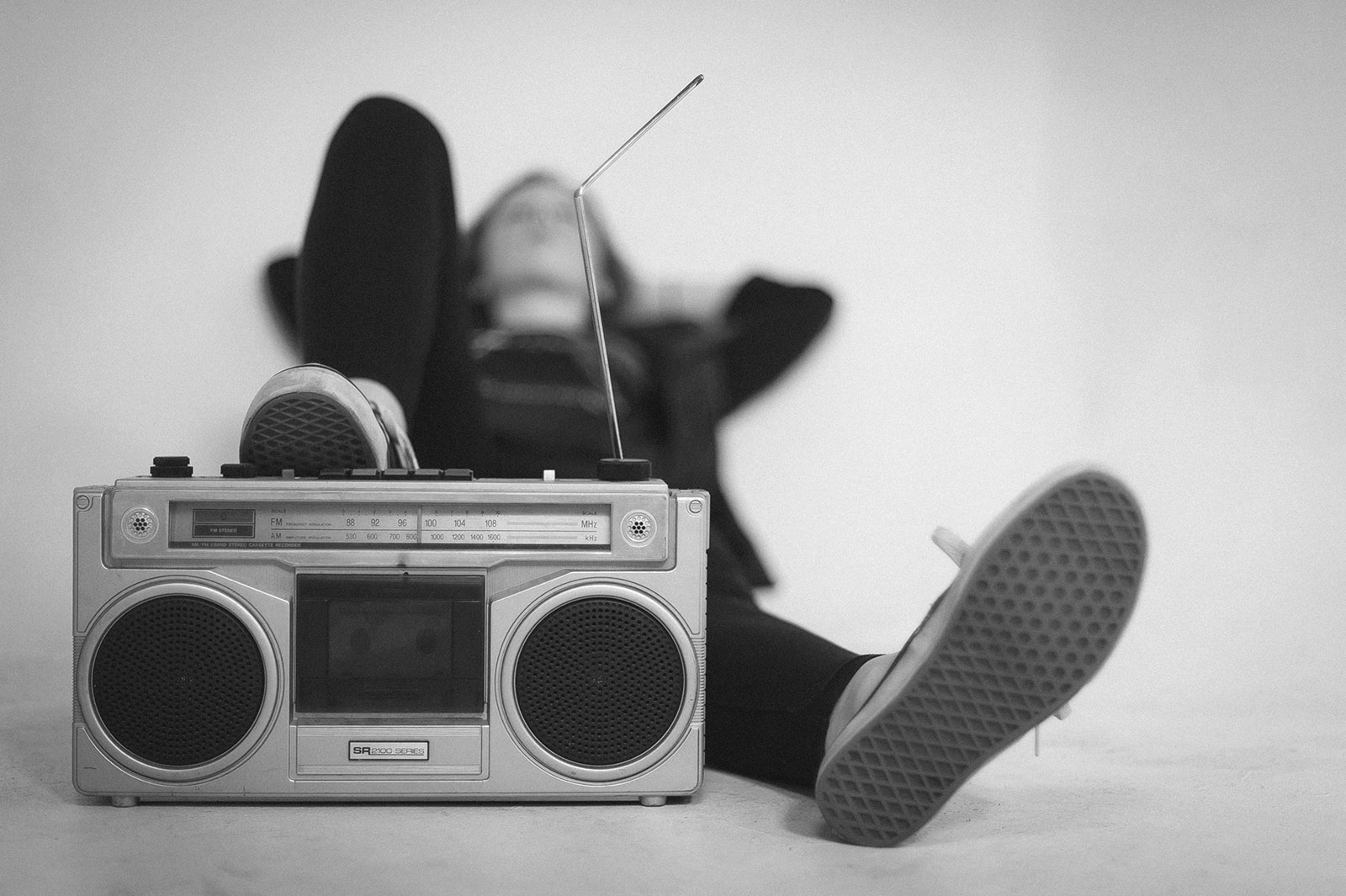
Would you like to feel differently than you do now? Are you ready to take your music medicine? This is your chance.
Take a few seconds to reflect, honestly, on how you are most days at the moment.
Are you anxious or uptight? Maybe you’re lacking energy or motivation. Maybe you’re hyperactive and feel like you’re living on adrenaline? Quite possibly, at different times, you’re experiencing all this and more.
Identify the most common state you’ve been in, mentally and emotionally and decide where you’d rather be – the ‘you’ that’s better for you and those around you.
If you’re anxious consider the need for calm.
If you’re lethargic and listless maybe you need more energy.
If you’re agitated perhaps you need clarity.
This is the important bit: make sure you identify the way you want to be that’s different to the way you’ve been feeling.
Once you’ve done that it’s time to find your medicine. Here’s how.
Dive into your playlists. Find the ONE SONG, the track that, more than any other, represents that feeling you’re after: the version of you that you need to be right now. It doesn’t matter what that song is – it just matters that it’s right for you.
It might be that the track takes you back to a particular time or moment that you associate with those feelings that you’re chasing. It might be that it just ‘works’ for you.
Next, shut everything else out, maybe put your headphones on, and listen to that song. And I mean, really listen to that song. Dive into it. Listen like it’s the only thing going on in the world. And when it’s finished – listen to it again. Then check in with how you’re feeling. That’s it.
You just started your music diet.
Listen like it’s the only thing going on in the world. And when it’s finished – listen to it again.
Listen like it’s the only thing going on in the world. And when it’s finished – listen to it again.
If that worked for you the next challenge is to build a playlist of songs that complement this track. This is the start of your full music nutrition programme. And just like you wouldn’t eat anything that’s given to you – don’t just rely on Spotify recommendations. Yes, they have plenty of ‘relaxation’ playlists but where that goes wrong is that it lacks individuality. You’re being fed music nutrition by an algorithm. Besides, there are times in the office when Mark wants to chill to whale song whilst it has me crawling the walls and crying out for some good soul music. Different music does different things for different people. Go hunting for the tracks that work for you.
Then all you need to do is listen and gain the benefits.
It doesn’t stop there. Once you’ve tapped into a playlist that helps you achieve one particular way of feeling, you can then build playlists for any number of situations, moods and mental states.
Let the music heal your soul.
Photo by Andrei Bocan
Julia Jones (aka Doctor Rock) has been prescribing music for personal and business health for over 20 years. She encourages everyone to acknowledge the scientific evidence and consume some music as part of their daily diet for optimal health. As a Sport & Exercise Psychologist she worked with Olympic athletes in the ’90s, using music to assist with their anxiety control, motivation and sleep. Julia has continued to use the same neuroscience principles to help people in the private and public sectors use music for everything from achieving peak performance to boosting social health.
